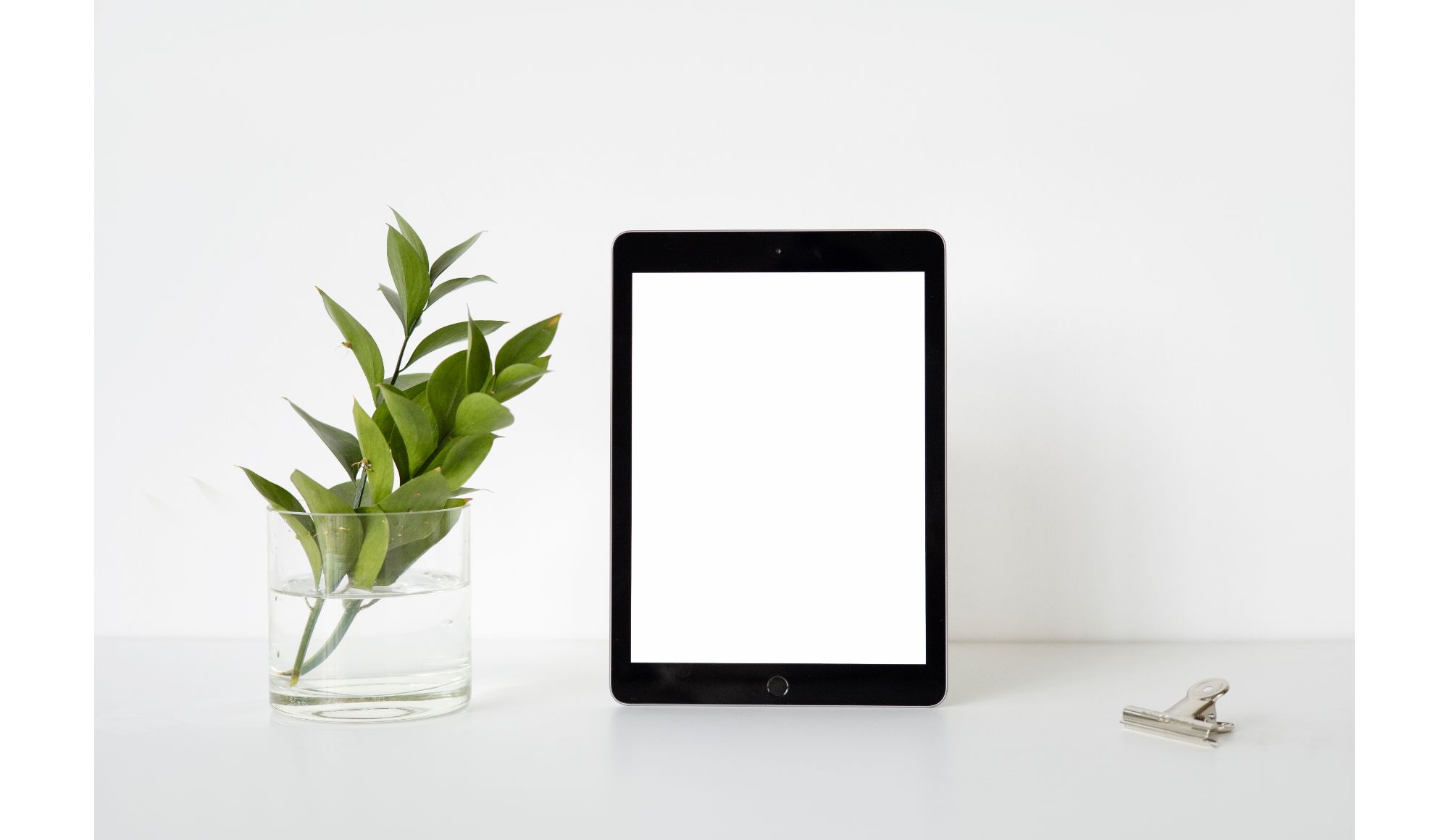The Safest Dividend Stock on Earth
There’s a reason why nearly 40% of Warren Buffet’s portfolio is invested in Apple stock — the company has achieved many milestones and is showing no signs of slowing down. On the first day of trading in 2022, the tech giant was the first company to reach a $3 trillion market value, a leap of $1 trillion – equivalent to the GDP of Mexico – in just 16 months.
Although the tech sell-off in recent months has caused investors to worry about what’s ahead, Apple continues to look like an excellent long-term bet, particularly with shares heavily under water year to date. Indeed if you were to rank the safest dividend stocks on earth, Apple would come top of the list. Here’s why.
Apple’s Future Is Influenced By Where It’s Come From
First founded in 1976, Apple was the brainchild of college dropouts Steve Wozniak and Steve Jobs, who wanted to change the way people viewed computers.
The Apple I was handbuilt by Woz — a total of 200 were built. By 1977, the Apple II debuted, and by 1984, the original Macintosh was released. Apple’s full story is a long and interesting one, full of triumphs and setbacks.
Fast forward to 2007, when the company released a game-changing product — the iPhone. Since then, Apple has released the iPad tablet, the Apple watch, and many Mac models. The company has expanded into several other segments, offering Apple TV+ for streaming, Apple News, the Apple Card for payments, and Apple Arcade for gaming.
As for the history of Apple stock, the company went public on December 12, 1980, selling for just $22 per share. The stock has split five times since then, the latest being on August 28, 2020. Apple also has a strong dividend history, starting in 1987. Most recently, Apple’s board of directors declared a cash dividend of $0.23 per share of Apple’s common stock, an increase of 5%.
Why Apple Is a Winning Dividend Stock
Solid Financials and Apple’s Expansion Into Other Markets
With nearly $200 billion in cash, few companies can match Apple’s financial resources, which is why the company is moving into the buy now, pay later (BNPL) space. This move will disrupt the BNPL market – Apple does not need to borrow capital to lend out like competitors, such as Affirm. That should translate to higher margins and squeeze competitors over the long haul.
The new service, Apple Pay Later, will allow consumers to split purchases into four equal payments over six weeks, with no fees or interest. When integrating with other Apple Pay features, Apple has an immediate competitive advantage over the market’s existing players.
This expansion into other verticals is just one example, as Apple TV+ continues to shake things up in the streaming service market. Although no one can compete with Netflix on volume, Apple is more focused on quality than quantity — and it has paid off. Apple was the first streaming service to win Best Picture at the Oscars.
Untouchable Customer Loyalty and Ecosystem of Apps
Those who purchase an iPhone don’t often switch, showcasing high customer lifetime value. In a survey of 5,000 users, nearly 92% of respondents who own an iPhone plan to stick with Apple when they upgrade to a new phone. In contrast, 74% of those with a Samsung phone said they’d stick with the brand. Apple users are mainly sticking with the iPhone maker because the user experience is so good.
Is Apple a Buy?
Based on Apple’s product line, continuous innovation, brand loyalty, and ongoing expansion into new markets, the company has a moat that few (if any) competitors can ever disrupt. If you’re investing for the long haul, now is as good a time as any to buy or add shares of AAPL to your portfolio. While some would argue shares of Apple aren’t cheap, when investing in a quality company like Apple, it’s tough to find a safer bet.



